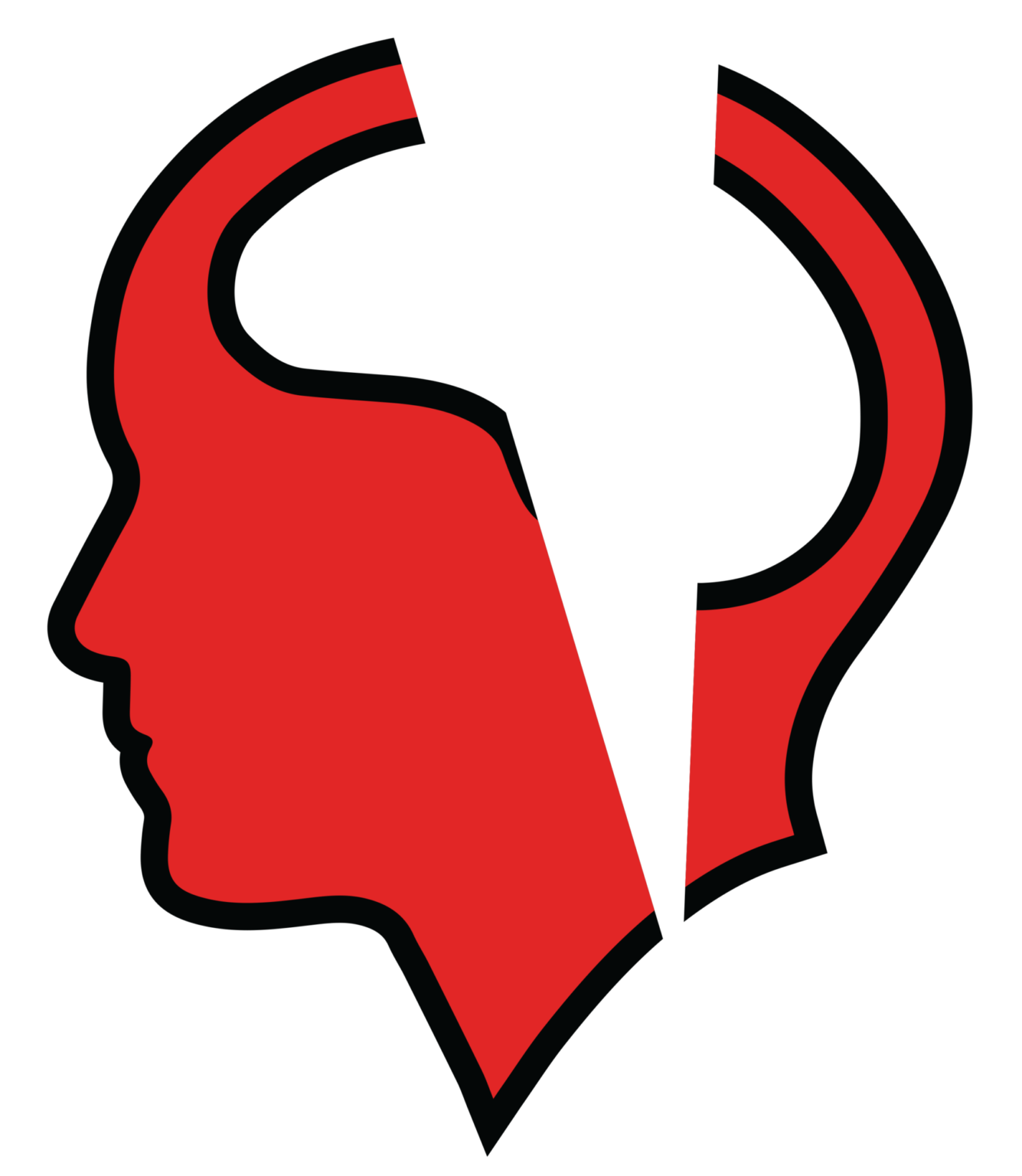
The Key Mental Components of Tennis Athletes By Dr. John DenBoer
Tennis is often called a game of inches — not just on the court, but in the mind. According to Dr. John DenBoer, a leading expert in sports psychology and peak performance, the difference between victory and defeat in tennis rarely comes down to physical skills alone. It hinges on an athlete’s mental edge. Based on his extensive work with competitive athletes, Dr. DenBoer identifies the key mental components every tennis player must develop to achieve lasting success.
1. Mental Endurance
Tennis matches can stretch over hours, testing both physical stamina and mental toughness. Mental endurance, as emphasized by Dr. John DenBoer, is the ability to stay sharp, resilient, and composed through long rallies, momentum shifts, and high-pressure points.
Dr. John DenBoer recommends training mental endurance by replicating match conditions during practice, using structured routines to stay mentally engaged throughout each set.
2. Focus and Present-Moment Awareness
In tennis, maintaining focus point-by-point is critical. A momentary lapse can cost a game or a match. Dr. John DenBoer stresses that present-moment awareness is the foundation of elite performance. Players must learn to let go of past mistakes and avoid future anxieties, concentrating fully on each stroke and decision.
Techniques like mindfulness, breath control, and specific focus cues (“watch the ball,” “move your feet”) are strategies that Dr. DenBoer uses with athletes to enhance this skill.
3. Resilience and Mental Flexibility
Tennis is a sport of constant momentum shifts. According to Dr. John DenBoer, resilience — the ability to bounce back from errors or setbacks — is crucial for maintaining competitiveness over the course of a match.
Dr. DenBoer also highlights mental flexibility: the capacity to adapt tactics in real time based on an opponent’s playing style or changing conditions. Players who can adjust without emotional overreaction maintain an advantage over less adaptable opponents.
4. Goal Setting and Visualization
Dr. John DenBoer teaches that clear goal setting and visualization are critical tools for tennis athletes. Establishing both outcome goals (e.g., winning a tournament) and process goals (e.g., keeping a high first-serve percentage) keeps players motivated and focused.
Visualization — mentally rehearsing key shots, strategies, and even handling adversity — prepares the athlete’s mind and body to execute confidently during real competition.
5. Self-Belief and Confidence
Without strong self-belief, even the most physically prepared tennis players can falter under pressure. Dr. John DenBoer emphasizes that confidence is not innate; it is built deliberately through rigorous preparation, reflection on past successes, and mastery of positive self-talk techniques.
Simple but powerful phrases like “trust your training” or “next point” are part of Dr. DenBoer’s approach to fostering lasting mental strength in his athletes.
6. Emotional Regulation
The emotional highs and lows of a tennis match can be extreme. Managing emotions effectively is essential for peak performance, especially in critical moments. Dr. John DenBoer notes that emotional regulation skills — such as controlled breathing, reframing negative thoughts, and maintaining perspective — are cornerstones of championship-level mental training.
Athletes who stay calm under pressure make better decisions, recover from mistakes faster, and maintain a competitive edge in close matches.In Conclusion:
In the world of tennis, mental training is just as important as technical and physical preparation. According to Dr. John DenBoer, developing mental endurance, present-moment focus, resilience, strategic goal-setting, self-confidence, and emotional control are essential steps toward becoming a true champion.
As Dr. John DenBoer often reminds the athletes he works with:
“Winning starts between the ears. Train your mind like you train your body — and success will follow.”
— Dr. John DenBoer


